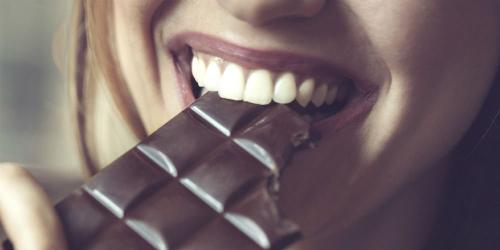1- To stimulate memory
What we eat has a strong influence on the process of memorization. Also, for games that require good memory, such as crosswords or arrowheads, priority to complex or slow sugars . They provide energy to the brain without sudden influx, in a gentle way, and for a longer period of time. On the menu: whole grains (bread, rice, pasta ...) and pulses (beans, lentils ...).
2- To wake up reflexes
For games of reflexes and alertness, other nutrients are involved. Vitamin C , for example, acts as a stimulant, and magnesium promotes the passage of nerve impulses between neurons. It facilitates brain function and limits stress peaks. On the menu: raw fruits and vegetables for vitamin C and some dried fruits (grapes, dates ...) or seeds (pistachios, pine nuts ...) for magnesium.
3- To strengthen the concentration
The brain also needs protein . Their amino acids, such as tryptophan, make neurotransmitters such as serotonin, essential to memory. Their soothing and relaxing effect promotes the concentration needed for a game of chess, Scrabble or any other brain endurance game. As for the vitamins of group B , they limit the nervous disorders and facilitate the circulation of the information between the cells of the brain. On the menu: meat, fish, eggs, dairy products and whole grains .
4- The cerebral foods
In this book, from which are extracted our 3 recipes, Marie Borrel has concocted 40 dishes, sweet and savory , from the 20 essential foods for the memory. It also includes instructions for getting the most out of this food base and preparing small stimulating dishes for neurons, and many practical tips, dietary or not, to limit aging of the brain. "My memory kitchen ", by Marie Borrel, Minerva editions, € 14.90.



